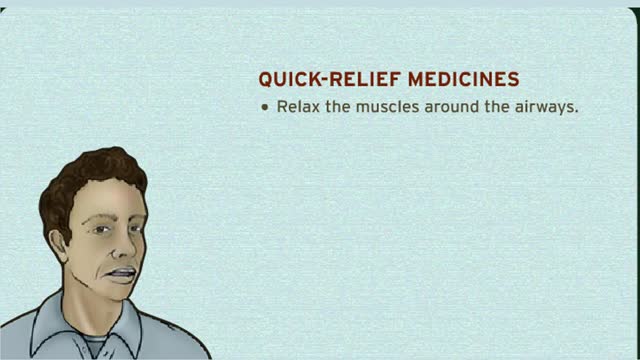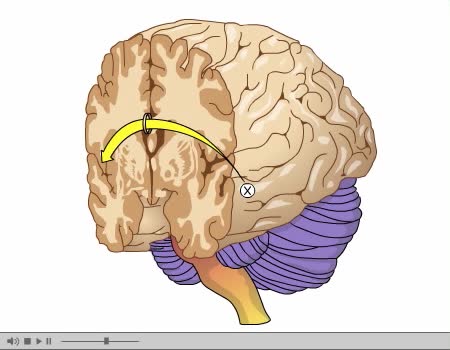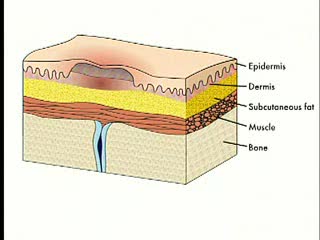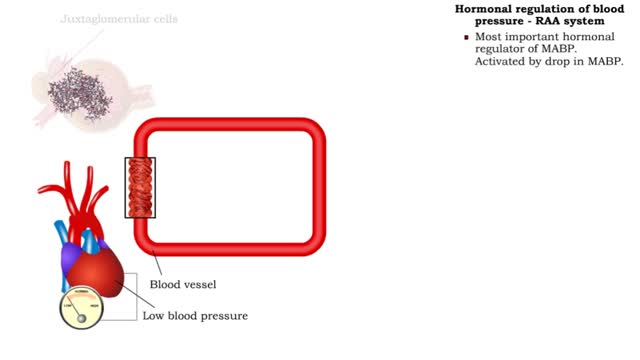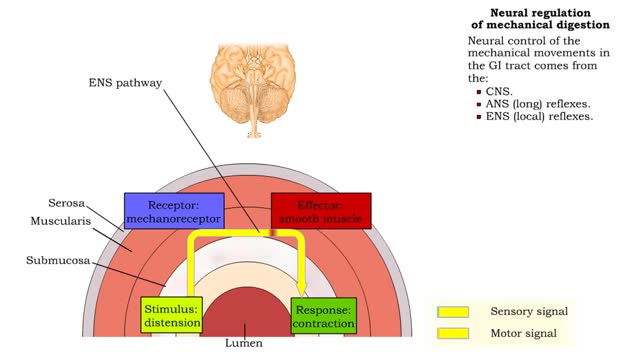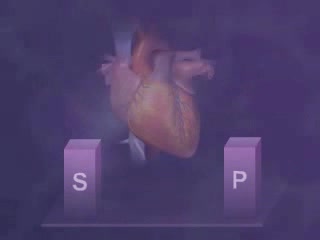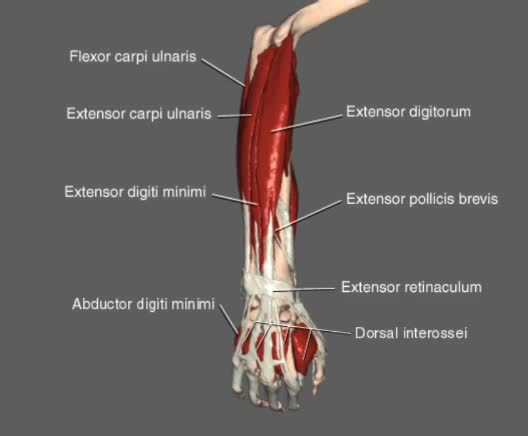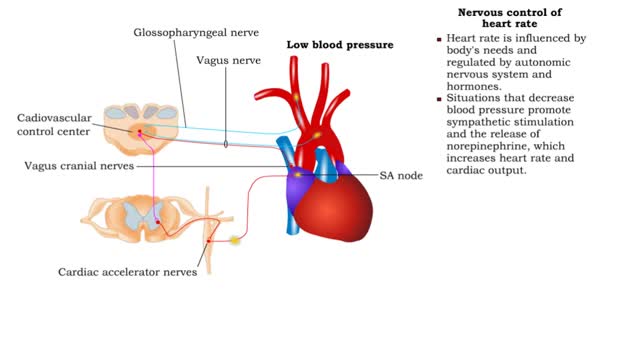Search Results
Results for: 'long term control'
How does asthma work?And How do you treat asthma?
By: HWC, Views: 9373
These are the parts of the respiratory system. Sinuses and Nasal Passages Mouth Windpipe (Trachea) Lungs Airways (Bronchial Tubes) Airsacs (Alveoli) When we breathe, air moves easily in and out of the lungs. The small airways are also called bronchial tubes. The side of the tube is...
Studying the Left and Right Brain Independently
By: Administrator, Views: 13642
A seizure, technically known as an epileptic seizure, is a period of symptoms due to abnormally excessive or synchronous neuronal activity in the brain. Outward effects vary from uncontrolled shaking movements involving much of the body with loss of consciousness (tonic-clonic seizure), to shakin...
By: Administrator, Views: 13576
Pressure ulcers, also known as bedsores, decubiti, decubitous ulcers, pressure injuries, and pressure sores, are localized damage to the skin and/or underlying tissue that usually occur over a bony prominence as a result of usually long-term pressure, or pressure in combination with shear or fric...
Hormonal regulation of blood pressure - RAA system
By: HWC, Views: 10879
■ Long-term regulation of MABP is under hormonal control. • Hormones that affect blood pressure and volume: the renin-angiotensin-aldosterone (RAA) system, antidiuretic hormone (ADM), and atrial natriuretic peptide (ANP). ■ Most important hormonal regulator of MABP. Activated by drop in...
Introduction to Cystic Fibrosis
By: Administrator, Views: 13436
Cystic fibrosis (CF) is a genetic disorder that affects mostly the lungs, but also the pancreas, liver, kidneys, and intestine. Long-term issues include difficulty breathing and coughing up mucus as a result of frequent lung infections. Other signs and symptoms may include sinus infections, poor ...
Neural regulation of mechanical digestion- CNS voluntary, ANS & ENS controlled involuntary movements
By: HWC, Views: 10292
• The gastrointestinal [GI] tract is basically a muscular tube that contains and processes food as it moves from the mouth to the anus. • Mechanical digestive functions consist of both voluntary and involuntary muscle contractions and relaxation including: • Chewing and swallowing food....
Autonomic Nervous System Animation
By: Administrator, Views: 13695
Parasympathetic Division Works to conserve energy and innervate the digestive system. When activated, it: stimulates the salivary and digestive glands. decreases the metabolic rate. slows the heart rate. reduces blood pressure. promotes the passage of material through the intestines along...
By: Administrator, Views: 432
Muscles of both the upper arm and forearm control movement of the forearm. The biceps brachii flex the forearm and work with the supinator of the forearm to rotate it so the palm faces upward. The pronator teres and quadratus control pronation, or rotation of the forearm so that the palm faces do...
By: HWC, Views: 10489
• Heart rate is determined by the rate of depolarizations of the sinoatrial (SA) node. • Cardiac output is directly proportional to heart rate, the greater the heart rate the greater the cardiac output. • Changes in heart rate are associated with exercise, stress or injury. Nervous ...
Advertisement



